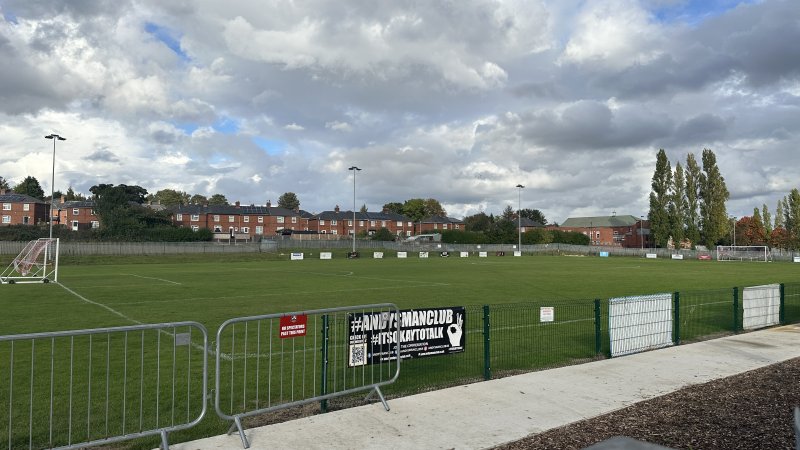‘CRUCIAL’ early detection of prostate cancer is being fatally missed in Barnsley and almost one in five men are being diagnosed at an advanced stage of illness when treatment is too late, new research has revealed.
The charity, Prostate Cancer Research, found many NHS trusts across the country lack key diagnostic techniques and treatments, meaning many people are only getting diagnosed when the disease has already spread.
Early diagnosis is crucial to survival as just a third of patients live for five years or more once the cancer spreads beyond the prostate.
Figures show 17 per cent of people with prostate cancer were diagnosed at an advanced stage at Barnsley Hospital last year.
Analysis suggests 95 lives could be saved in the town if the rate was five per cent, which was the lowest in the country in 2022.
There were also significant regional disparities, with 16 out of the 20 trusts with the highest rate of late diagnosis located in the north, while 13 of the 20 best-performing ones were in the south.
Oliver Kemp, chief executive of Prostate Cancer Research, said: “We are seriously concerned that some parts of the UK such as Barnsley don’t have the same level of equipment or testing capacity as others.
“This is now being borne out with a significant increase in late-stage cancers being diagnosed in these areas.
“Patients know all too well that these cancers come with much lower chances of living for five years or more.”
Diagnostics can include biopsies and different type of scans, but only three out of nine were available at Barnsley Hospital last year.
Patients at the trust had access to no treatment options, which can include chemotherapy and radiotherapy.
Charities have urged eligible men to seek free screening tests for the disease.
Laura Kerby, chief executive at Prostate Cancer UK, added: “Unfortunately, early prostate cancer usually doesn’t have any symptoms, which is why men need to be aware of their risk and should take our online risk checker to find out more.
“If you’re at higher risk - which includes all men over 50 - you’re entitled to a free PSA blood test from your GP.
“Because of their higher risk, we strongly recommend that black men and men with a family history of prostate cancer should speak to their GP from the age of 45.”
Lung cancer remains the most prevalent of all diagnoses in Barnsley, followed by breast cancer and then prostate.
A Department of Health and Social Care spokesperson said: “The UK screening committee is currently reviewing six prostate cancer screening proposals submitted during its annual call for topics.
“These include one on MRI scans as well as targeted proposals for men at higher risk due to factors such as ethnicity and family history.
“Recommendations will then be made on how best to take them forward.”
A Barnsley Hospital spokesperson encouraged men to come forward and discuss their risk of prostate cancer with their GP now - and not wait for symptoms.
The spokesperson said figures showed there were around 12,000 prostate cancer deaths in the UK every year, with men over 50 at a greater risk.
“Analysis suggests more lives could be saved across the country if late diagnosis was reduced,” they added.
“There is also now a simple blood test PSA (prostrate-specific antigen or PSA) for prostate cancer.
“Men with a family history of prostate cancer are more at risk, and the risk increases as they get older.
“If men notice changes in how they wee, or if it becomes painful, it’s important to get it checked by their GP.
“As a trust we are actively working with our local communities and diagnostic facilities, such as our town centre NHS Community Diagnostic Centre, to encourage earlier presentation which would lead to better outcomes.”



























